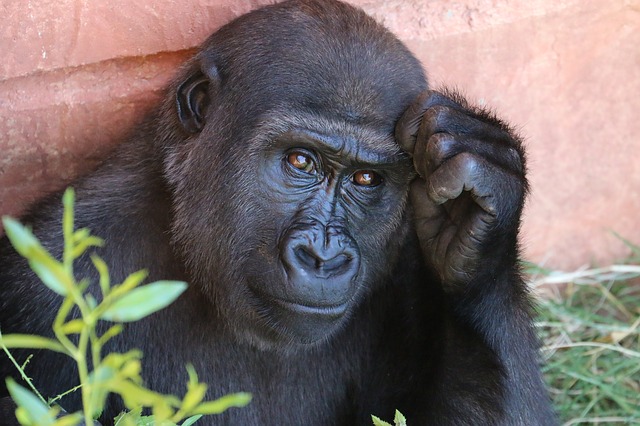BNA Annual General Meeting 2025
1st April 2025
11th Oct 2016
A new study, publish in Science suggests that apes are able to anticipate that others have mistaken beliefs about a situation, something which was previously thought to be a uniquely human ability.
The ability to tell when others hold mistaken beliefs is seen as a major development in human cognition. This awareness is developed in early childhood, around the age of 5. It marks the beginning of a child's ability to fully comprehend the thoughts and emotions of others - the theory of mind.

In the study conducted, Apes watched two short videos. The first one; a man dressed as an ape hides behind a haystack while another man watches. The man walks away, out of sights and the ape runs away. In the final scene, the man re-appears looking for the ape. The second video; the ape hides a stone in one of two boxes, the man watches this but then leaves the scene. While the man is away, the ape steels the stone and disappears. The man then returns to the scene.
To pass the test, the apes must predict that when the man returns, he will mistakenly look for the objects where he last saw it, even though they know themselves they are no longer there.
The apes stared first and longest at the location where the man last saw the objects, suggesting him to believe it was still there. This mirrors the results of similar experiments with human infants under the age of 2.
These results suggest that great apes also operate, at least on an implicit level, with an understanding of false beliefs.
To read the full article, please visit Science journal